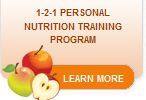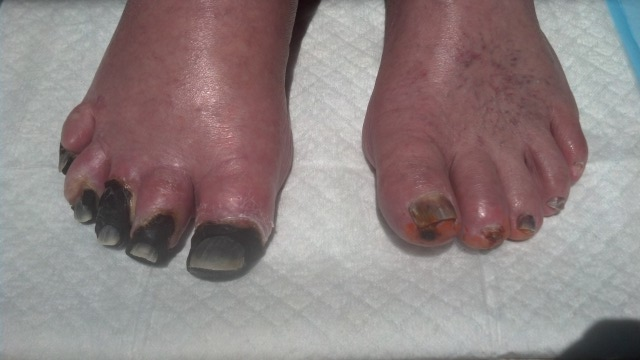How Cooking Affects the Nutrient Content of Foods
Here is a general overview of how cooking affects the nutrient content of foods:
1. Water-Soluble Vitamins: Water-soluble vitamins, such as vitamin C and some B vitamins (such as thiamine, riboflavin, and folate), are easily dissolved in water, and may be lost when cooking foods in water, especially if the cooking water is discarded.
2. Fat-Soluble Vitamins: Fat-soluble vitamins, such as vitamins A, D, and E, are more stable and less affected by heat than water-soluble vitamins. However, they can be lost during cooking if foods are cooked at excessively high temperatures or for extended periods of time.
3. Minerals: Most minerals are not affected by heat and may even become more bioavailable during cooking. For example, cooking legumes and grains can increase the bioavailability of iron and magnesium. However, some minerals, such as zinc, can be lost during cooking if foods are overcooked or cooked in highly acidic environments.
4. Carbohydrates: Cooking can affect the structure of carbohydrates, making them easier to digest and increasing their glycemic index. For example, cooking starch-rich foods can increase the amount of rapidly digestible starch, which can lead to a more rapid rise in blood sugar levels.
5. Protein: Cooking can denature proteins, changing their structure and making them more digestible and easier to absorb. Cooking meat and poultry can also destroy harmful bacteria and reduce the risk of foodborne illness.
6. Antioxidants: Some antioxidants, such as polyphenols, can withstand heat and may even be enhanced during certain cooking methods. For example, cooking tomatoes releases more lycopene, a powerful antioxidant. However, other antioxidants, such as vitamin C, can be degraded by heat.
7. Food Safety: Cooking can also help eliminate harmful microorganisms, such as bacteria and parasites, ensuring the safety of the food.
To minimize nutrient losses during cooking, it is recommended to use cooking methods that require shorter cooking times at lower temperatures, such as steaming, stir-frying, or baking, rather than boiling or roasting at higher temperatures. Additionally, keeping the cooking water and avoiding overcooking foods can help preserve nutrients.
-
Enough Fat?
QuestionI consider myself to be a very healthy 25 year-old woman.
-
Nutritional foods for exercising
QuestionHi Laurie, Im 16 years old and Im quite petite and I usu
-
Weight loss and height
QuestionHello madam, &
-
fat asorbing products
QuestionThank you for answering so quickly. I know you are right
-
Hypoglycemia and OCD panic attacks
QuestionI am suffering from severe OCD and panic attacks and diag
-
Baked Beans - Healthy or Not?
QuestionHello Ms. Beebe I have been doing some research on the i



